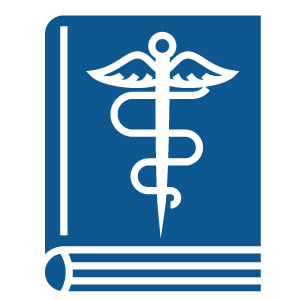
The cost effectiveness of prize-based and voucher-based contingency management in a population of cocaine- or opioid dependent outpatients
Publication: Drug Alcohol Dependence; 2009 June 1
Overview:
- Objective: To evaluate the cost-effectiveness of using prize-based and voucher-based contingency management (CM) as additions to standard treatment for cocaine- or heroin-dependent outpatients in community treatment centers.
- Methods: This cost-effectiveness analysis is based on a randomized clinical trial conducted at three community-based outpatient psychosocial substance abuse treatment clinics. A total of 142 cocaine- or heroin-dependent outpatients were randomly assigned to one of three treatment conditions: standard treatment (ST), ST with prizes (prize CM), or ST with vouchers (voucher CM) for 12 weeks. The primary patient outcome was the longest duration of confirmed abstinence (LDA) from cocaine, opioids and alcohol during treatment.
Incremental cost-effectiveness ratios (ICERs) and acceptability curves were used to evaluate the relative cost-effectiveness of the interventions.
Conclusion:
Based on the ICERs and acceptability curves, ST is likely to be the most cost-effective intervention when the threshold value to decision makers of lengthening the LDA during treatment by 1 week is less than approximately $166; prize CM is likely to be the most cost-effective intervention when the threshold value is greater than approximately $166. Voucher CM is more cost-effective than ST when the threshold value is greater than approximately $212.
Based on the ICERs, if decision makers believe that extending the longest duration of abstinence (LDA) during treatment by one week would reduce the probability during that week of a single burglary by at least 0.66% (i.e., $166/$25,000) or of a single armed robbery by at least 0.072% (i.e., $166/$232,000), then the additional costs of prize CM would be justified by avoided crime costs alone.
Citation:
Olmstead TA, Petry NM. The cost-effectiveness of prize-based and voucher-based contingency management in a population of cocaine- or opioid-dependent outpatients. Drug and Alcohol Dependence. 2009;102(1-3):108-115. doi:10.1016/j.drugalcdep.2009.02.005.
